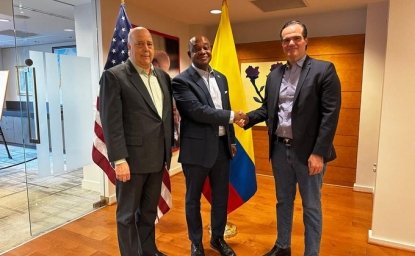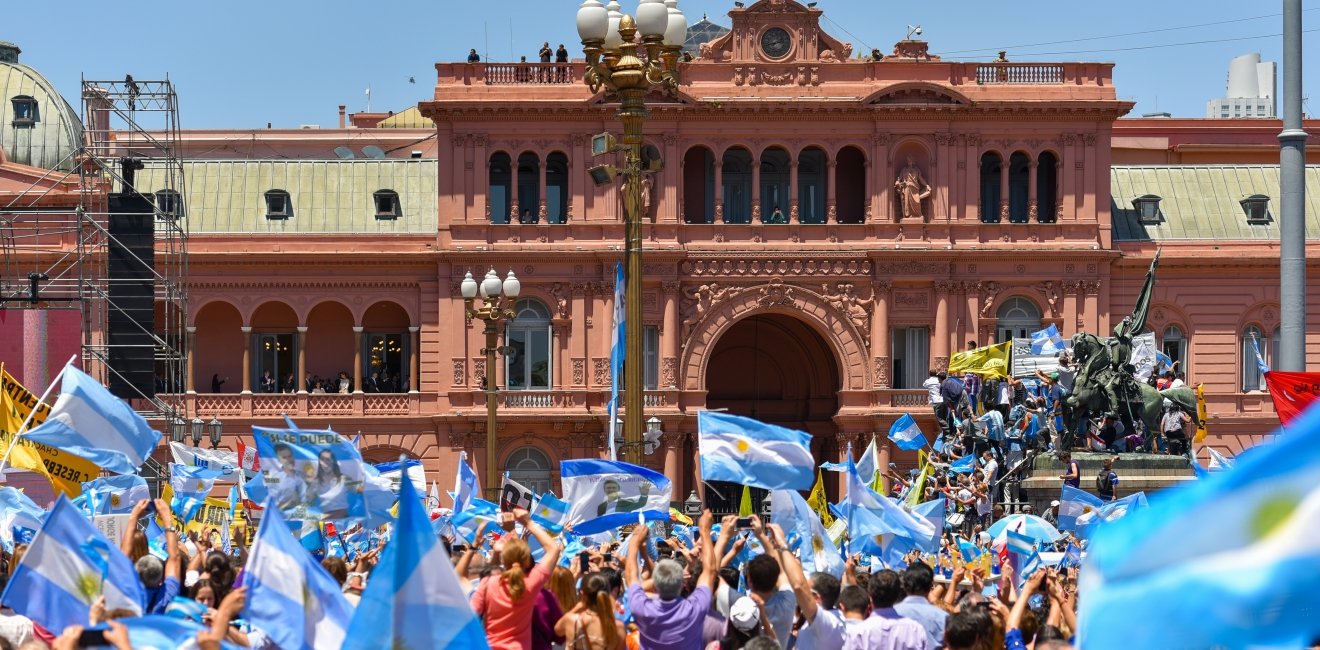
A blog of the Latin America Program
In Argentina, President Alberto Fernández’s Frente de Todos coalition approaches the November 14 midterms on tilt, following its poor showing in the September 12 primaries and persistently low public approval. Voters will fill half of the Lower House seats and a third of the Senate, and a repeat performance by the government could change the congressional balance of power, shape the second half of Mr. Fernández’s first term and imperil his 2023 reelection campaign.
In the Senate, the Frente de Todos will defend 15 seats, compared to nine for Juntos por el Cambio, the opposition coalition. Peronism’s long dominance of Argentina’s Senate is in jeopardy. In the Lower House, the government’s position is at even greater risk; the Peronists hold a slim 119 to 115 edge over the opposition, and the Frente de Todos must defend 51 seats amid rising anti-incumbent sentiment.
The government’s stumbles in the PASO revealed the extent of public disappointment in its pandemic response and economic management. Juntos por el Cambio attracted the most votes overall and outflanked Peronism in key races, such as in the Province of Buenos Aires. Nationally, the opposition beat the Frente de Todos 41 percent to 32 percent for the Lower House and 44 percent to 29 percent for the Senate. Typically, the PASO is a strong indicator of the midterm results, and post-PASO polling has further fueled pessimism over the government’s political prospects.

As is, managing congress is not easy for Mr. Fernández. To bypass legislative bottlenecks, he has issued more than 100 executive orders, known as decrees of necessity and urgency, or DNUs, many of which address the COVID-19 public health and economic crises. But control of the Senate and of the largest bloc in the Lower House have given Mr. Fernández some maneuvering space in the Palacio del Congreso. He signed more than 60 bills in 2020, one-third of which originated in the Casa Rosada. They included landmark legislation legalizing abortion, which passed in December 2020, and a “wealth tax” to help pay for emergency social spending.
A strong showing in the midterms would help Mr. Fernández pursue a range of goals before facing voters in 2023, including a new agreement with the International Monetary Fund over the country’s $44 billion debt, and a controversial judicial reform that the president has been promoting since his 2019 campaign. By contrast, should the opposition gain strength in one or both houses of congress, the government could face legislative paralysis as it navigates a range of post-pandemic challenges.
The midterms could also alter the power dynamics within the government. Another “voto castigo” would increase expectations that the popular Buenos Aires mayor, Horacio Rodríguez Larreta, will be Argentina’s next president, weakening the incumbent and his moderate allies. Already, the PASO results have emboldened Vice President Cristina Kirchner, who published a scathing letter detailing the president’s supposed policy errors. That infighting overshadowed a range of post-PASO policies designed to recoup support, and has left the Peronists vulnerable to another electoral disappointment.
Author


Argentina Project
The Argentina Project is the premier institution for policy-relevant research on politics and economics in Argentina. Read more


Latin America Program
The Wilson Center’s prestigious Latin America Program provides non-partisan expertise to a broad community of decision makers in the United States and Latin America on critical policy issues facing the Hemisphere. The Program provides insightful and actionable research for policymakers, private sector leaders, journalists, and public intellectuals in the United States and Latin America. To bridge the gap between scholarship and policy action, it fosters new inquiry, sponsors high-level public and private meetings among multiple stakeholders, and explores policy options to improve outcomes for citizens throughout the Americas. Drawing on the Wilson Center’s strength as the nation’s key non-partisan policy forum, the Program serves as a trusted source of analysis and a vital point of contact between the worlds of scholarship and action. Read more

Explore More in Weekly Asado
Browse Weekly Asado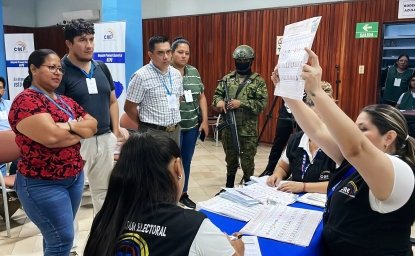
Ecuador at the Crossroads
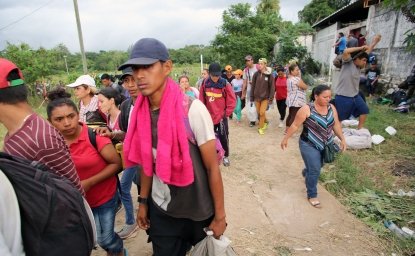
You Can’t Deport Your Way Out of the Problem
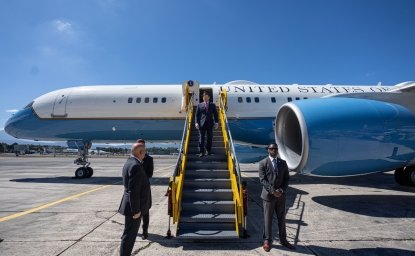
US Ties Its Hands in Fight Against Organized Crime
